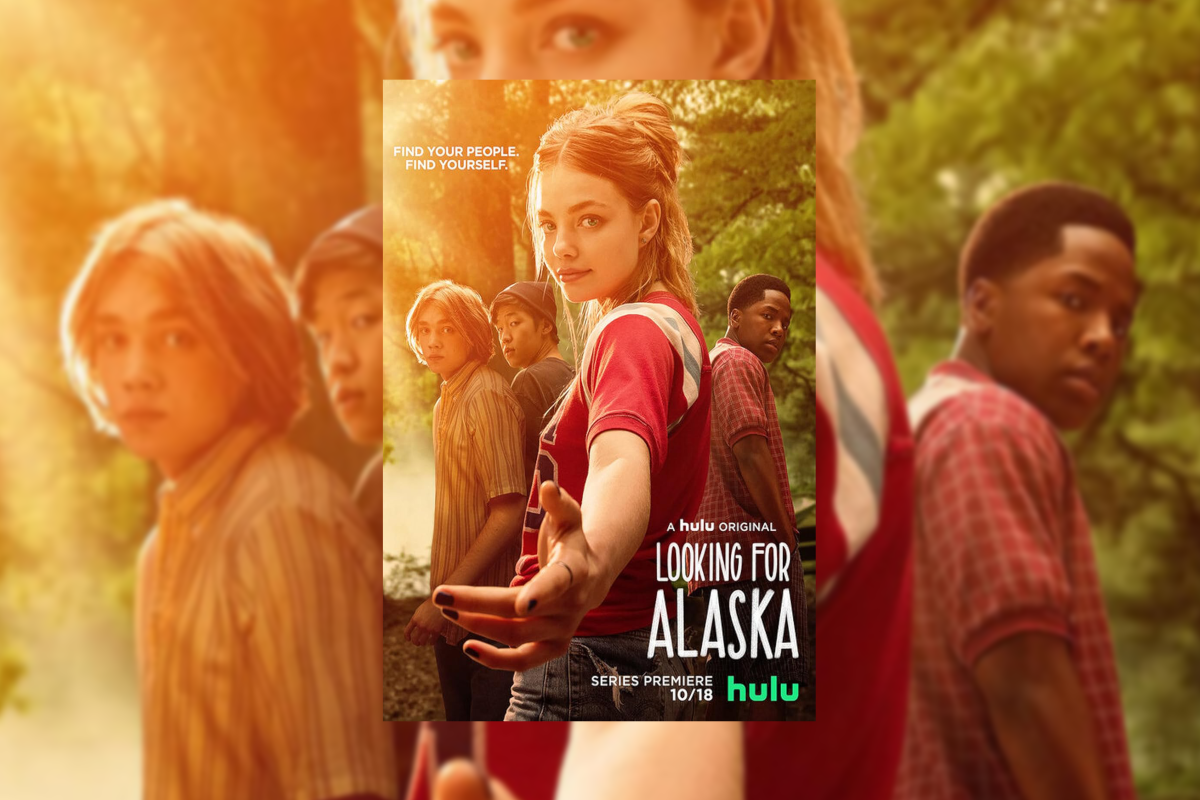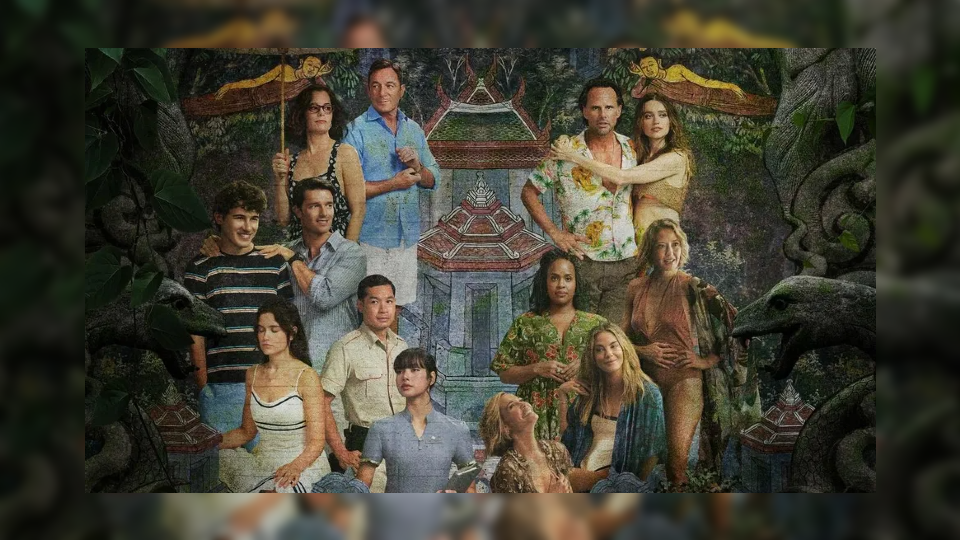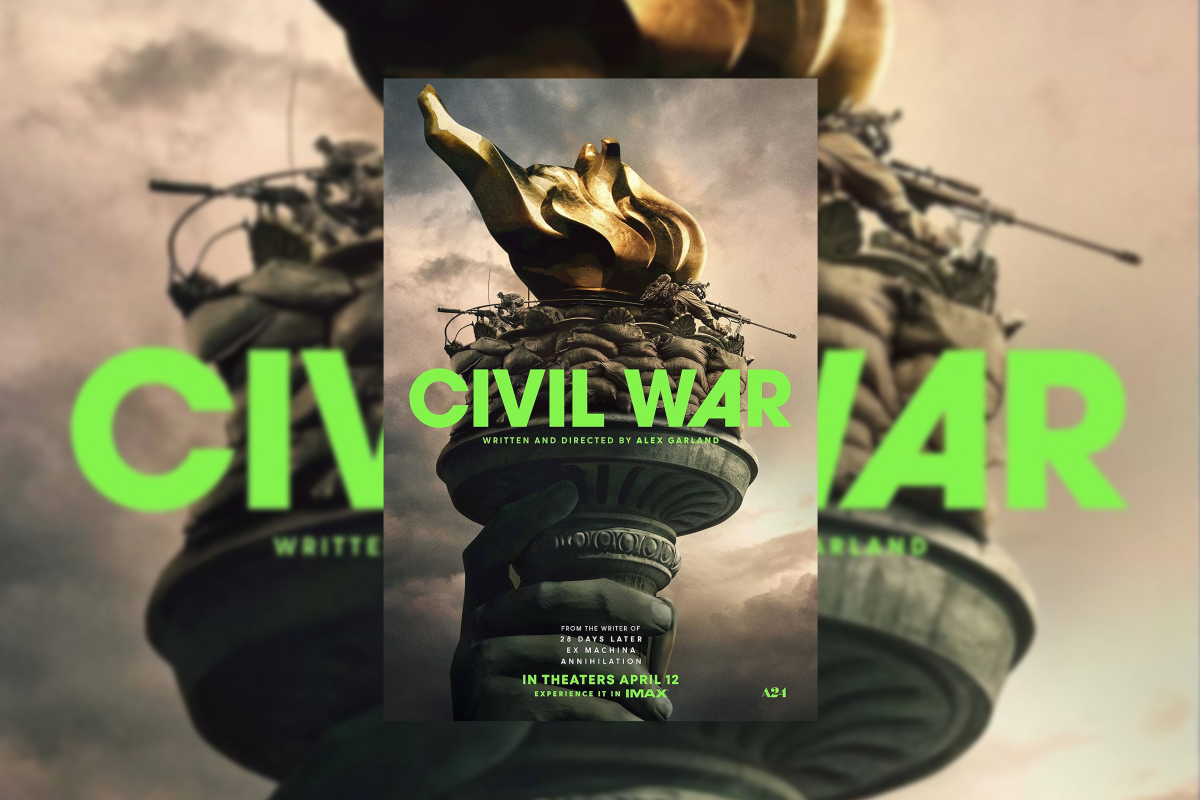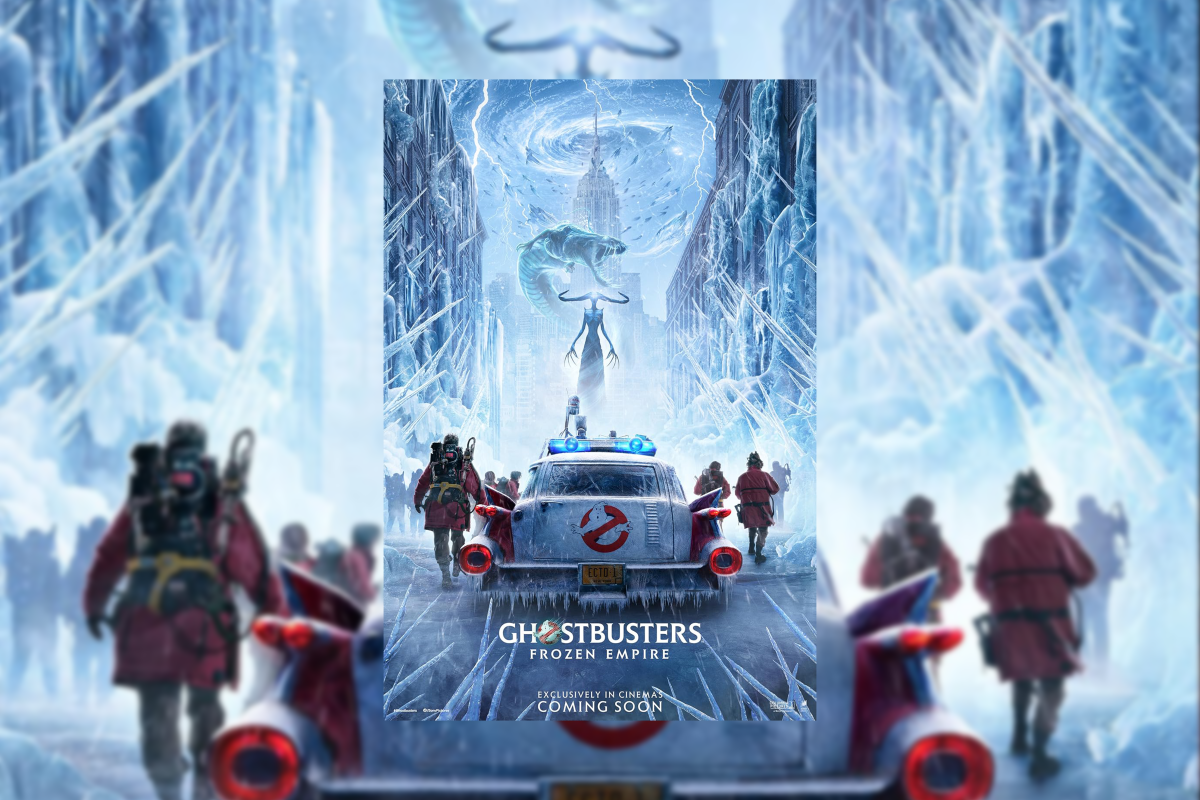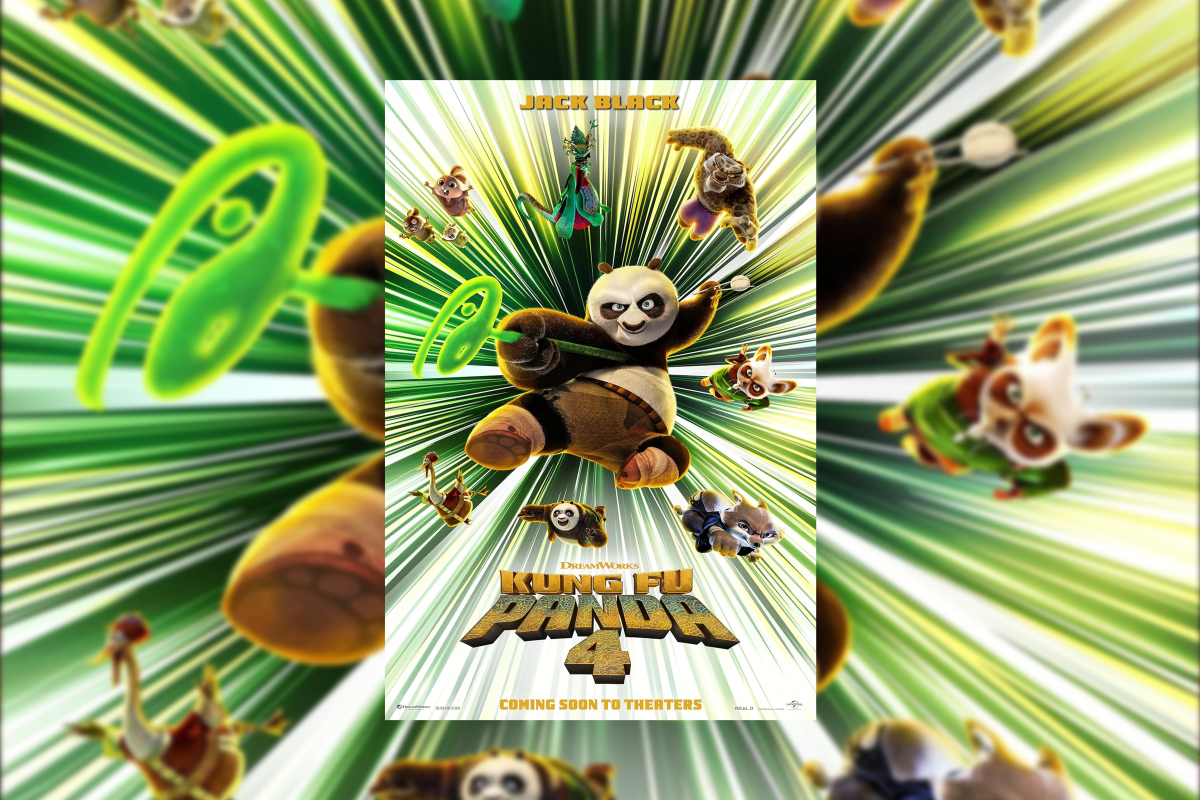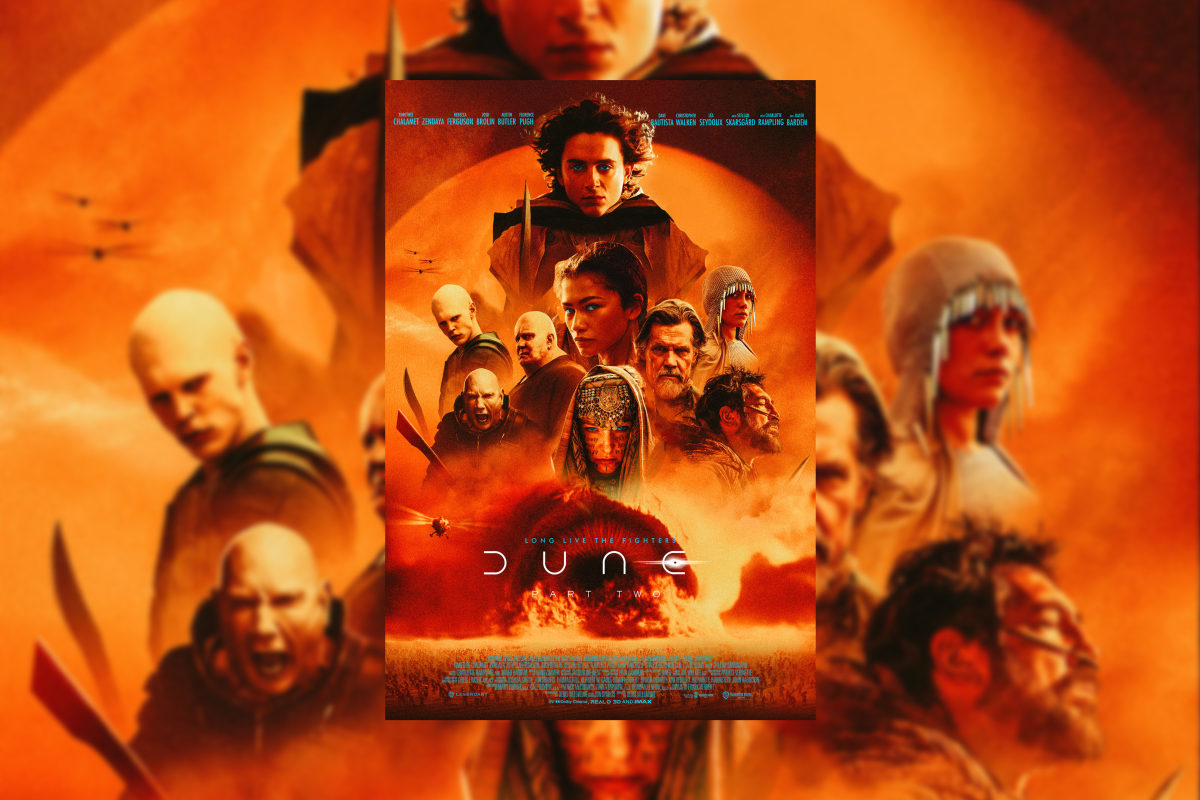It took ten-plus years for “Looking for Alaska” by John Green to make it onto the big screen.
While it’s not a movie, “Looking for Alaska” was instead turned into an eight-part mini-series that more than lived up to the hype of the book and delivered for fans who passionately waited for a long time to watch their characters be portrayed. “Looking for Alaska” is tied with “Autobiography of My Dead Brother” by Walter Dean Myers as my favorite book of all time.
“Looking for Alaska” is one of the darkest books that I have ever read in my life. The ending is the only book to make me tear up and is heartbreaking to read. It’s beautifully written and is simply a perfect story from beginning to end that tells a compelling narrative with so many quotable lines.
Translating this into a movie would’ve been too difficult as this book contains too much detail and context to be portrayed in only an hour and a half. Switching it into a mini-series was a great move as it allowed for the story to be told at a more relaxed, flowing pace.
What separates the book from the mini-series is that in the book, you only see and hear things from Miles “Pudge” Halter and are unable to see the other characters’ points of view. This is the only major flaw in the book as it makes Alaska seem like a dream and does not give enough details about Dr. Hyde who plays a major role in the story.
In the mini-series, the story of each character is fully played out. We get to see their thoughts and perspectives which is refreshing and much needed.
Dr. Hyde is shown as a gay man who is still heartbroken after the loss of his partner due to AIDS. We see him looking at the outside of his partner’s funeral, unable to attend because his partner’s family refused to accept their son’s sexuality and the life that he chose to live. Seeing him still set up his dead lover’s plate for dinner and dance with his ghost was sad on so many levels.
However, I’m glad that this little storyline was added in as it showcases such an important topic, explains why he chose to teach religion, and makes a huge impact.
We are also shown the storyline of Chip Martin. After watching the series, I don’t know why he isn’t the main character. We watch as he deals with racism from his classmates and his girlfriend’s father who refused to allow him to dance with his daughter just because of the color of his skin. We see the connection that he had with Alaska Young which plays a huge role in Miles’ story.
Denny Love performed his life and honestly stole the show for me. If there was anyone who was made for that role, it was Love, who showcased great emotion and pure acting talent. We also learn about the life of Romanian immigrant Lara Buterskaya who struggled to be a first-generation child in America and “The Eagle” Mr. Starnes, whose wife of thirteen years left him.
It’s the little details that matter, especially in this story.
The two major characters who define this book and are the most important in this mini-series are Alaska Young and Miles Halter. Of all of the characters that you should not screw up in terms of casting or portrayal, these are the two that can easily make or break the series. With that said, thankfully they got both of these characters right.
Alaska Young is simply one of the most interesting characters ever. She is rebellious and wild. Crazy by many peoples’ standards. You can tell that she is hurting mentally. The death of her mother played an immense role in her life, and the fact that she didn’t call 911 to save her mother’s life always haunted her. The fact that she couldn’t remember the anniversary of her mother’s death is what more than likely caused her untimely death.
This is something that I felt like the TV series did wrong: you see the accident in the first scene and know that she died.
What made Alaska Young’s death so impactful in the book was that it was sudden and completely out of the blue. Until the situation was happening, it was something the reader couldn’t guess. Even then the reader believes this girl stays alive, and that she just slept with a person who she loved and who loved her. Instead, she dies in a car crash without ever finishing her “lifetime library:” all the books she wanted to read before dying.
I felt like it would’ve had more of an impact on the TV series if the crash was one of the last things that we saw. Seeing the crash itself and what happened is huge and what fans wanted for years, but it could’ve been placed somewhere else to build a stronger story. Also, other issues that I have are with the music which seems outdated, and the fact that they used payphones, which no one has seen in over a decade.
However, they do keep the same question that Alaska asks in the first episode and chapters: “How will I get out of this labyrinth of suffering?”
It’s the quote that ties this mini-series –and the story at large– together. Throughout the story, we see Miles who is still obsessed with trying to answer this question as well as find out Alaska’s last words. Through this, we see the themes of death, mental health, racism, tragedy, heartbreak, and ultimately hope play out.
The answer to his question is to forgive and live life for however long you have.
Ultimately I feel that this Hulu series captures everything that I loved about the book and improves on the flaws that the book had. It also improved the character arcs of many while keeping the core of the story intact. I feel this should’ve come out a lot sooner than 2019 where it feels a bit outdated, but all in all, it’s a fantastic adaption of a great book and I give it ⅘ stars.
The book is a must-read, and this series is pretty damn good and does justice to its source.
For questions/comments about this story, email [email protected] or tweet @TheWhitOnline.

























































































































































!["Working with [Dr. Lynch] is always a learning experience for me. She is a treasure,” said Thomas. - Staff Writer / Kacie Scibilia](https://thewhitonline.com/wp-content/uploads/2025/04/choir-1-1200x694.jpg)









































